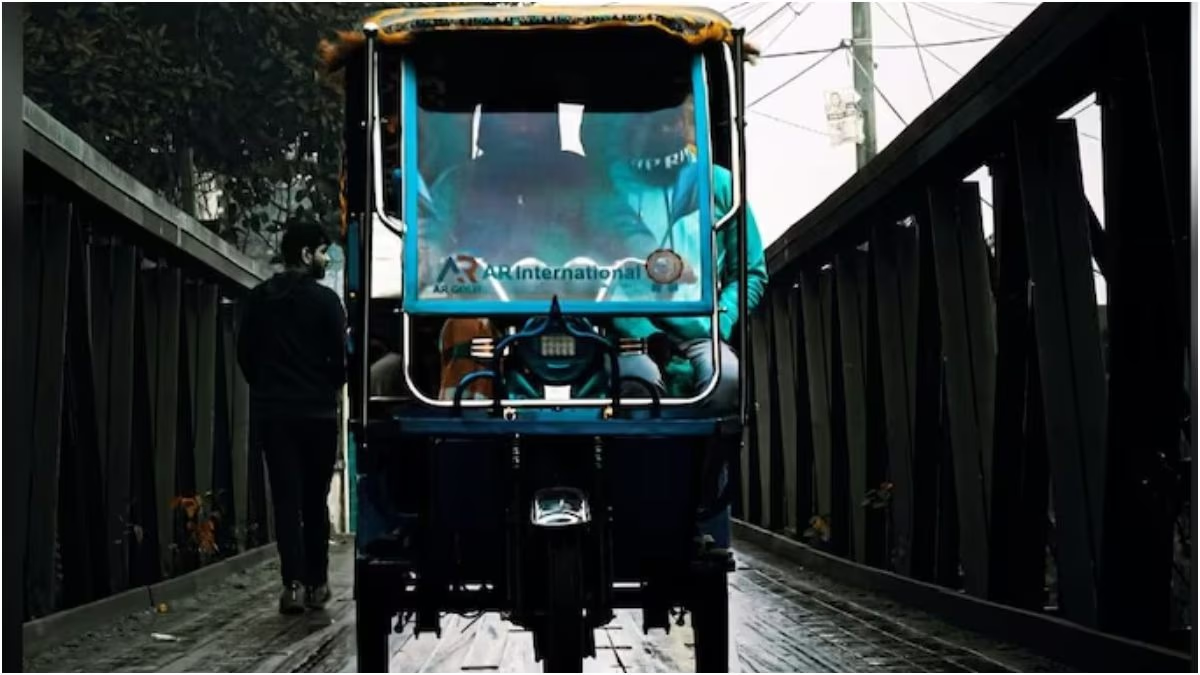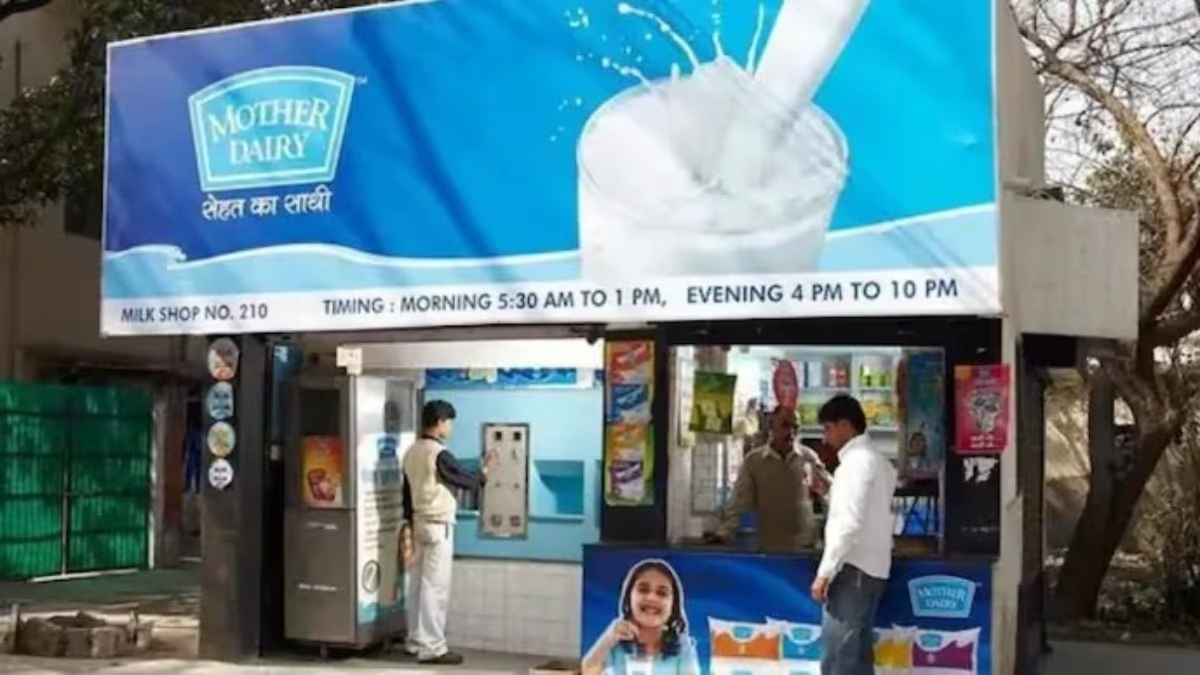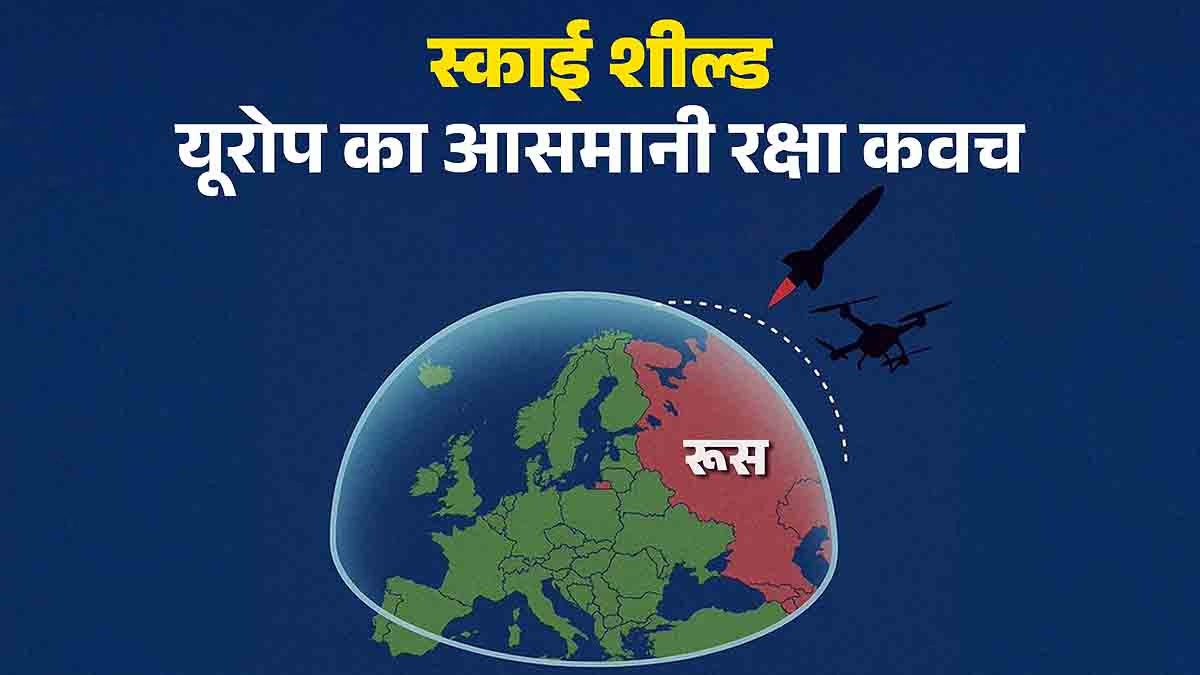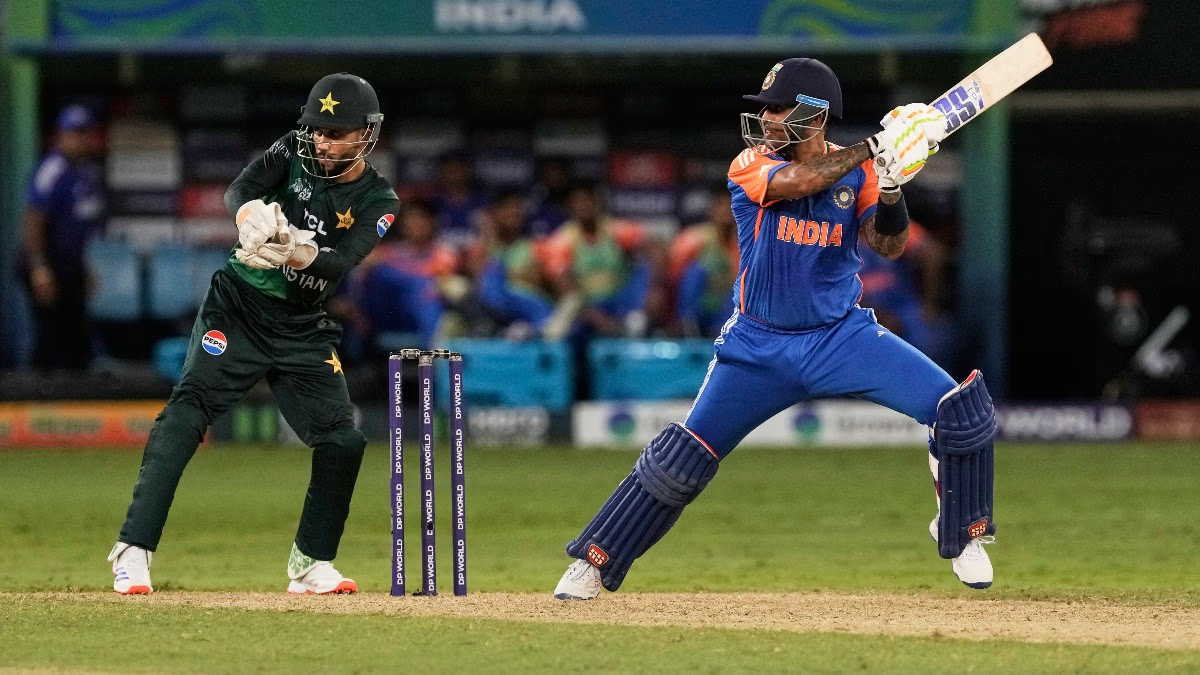India, a land of diversity, tells a different story in every city. However, one thing unites them — the ubiquitous E-Rickshaw. From the saffron streets of Jaipur to the bustling Hazratganj in Lucknow or even the charming southern towns, and the picturesque town of Mussoorie, these three-wheeled marvels are everywhere.
Like the sky, water, and clouds have many names, so do E-Rickshaws. Known as 'Tirri' in some places and 'Battery Rickshaw', 'Toto', 'Electric Rickshaw', 'TamTam', 'Mayuri', or 'Mini Metro' in others, these rickshaws symbolize unity in diversity.
The pioneering mind behind E-Rickshaws in India, Professor Anil K. Rajvanshi (Padma Shri awardee in 2022), perhaps never anticipated that his innovation would become a lifeline for ordinary people reach their destinations. While traffic congestion has increased with the influx of E-Rickshaws, acknowledging their remarkable rise alongside politicians and industrialists is undeniable.
Conquering Every Niche
It is often said that wherever E-Rickshaws go, they conquer. First introduced on Indian roads around 2015, these vehicles have witnessed exceptional growth. Designed initially to carry five passengers over short distances, they now seamlessly navigate from the glossy boulevards of major cities to the cramped alleys of smaller towns, offering affordable transport.
Initially used for passenger transport, E-Rickshaws are now versatile freight vehicles. They've found utility in diverse roles, including ATMs, ambulances, farming mini tractors, and demolition tasks. The Raipur police department even integrated these resilient machines into their force, enhancing patrol and traffic management efficiency.
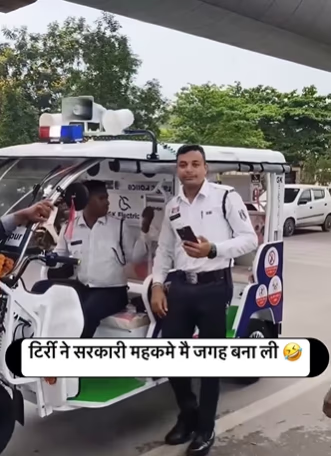
Source: aajtak
E-Rickshaws have also been adapted for emergency services, with viral social media clips showcasing their role as ambulances.
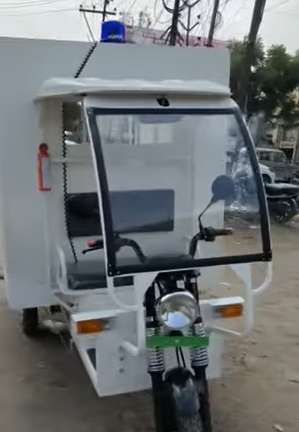
Source: aajtak
The versatility of E-Rickshaws now spans various services, even functioning as mobile ATMs.
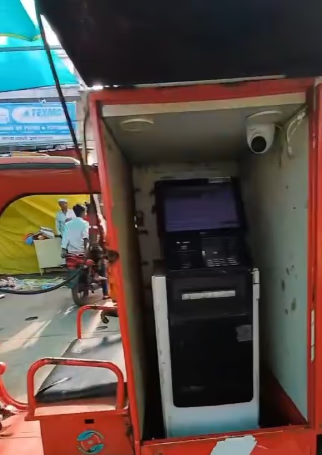
Source: aajtak
Once limited to passenger transport, E-Rickshaws now perform tasks traditionally reserved for heavy vehicles like tractors and bulldozers. See for yourself...

Source: aajtak
Beyond passenger transportation, E-Rickshaws are now rivaling buses. In some areas, yellow school buses have been replaced by E-Rickshaws carrying tiny schoolchildren. This small innovation has even made its mark in the DJ world! Now, DJs arrive at weddings and parties on E-Rickshaws, providing both ride and entertainment.
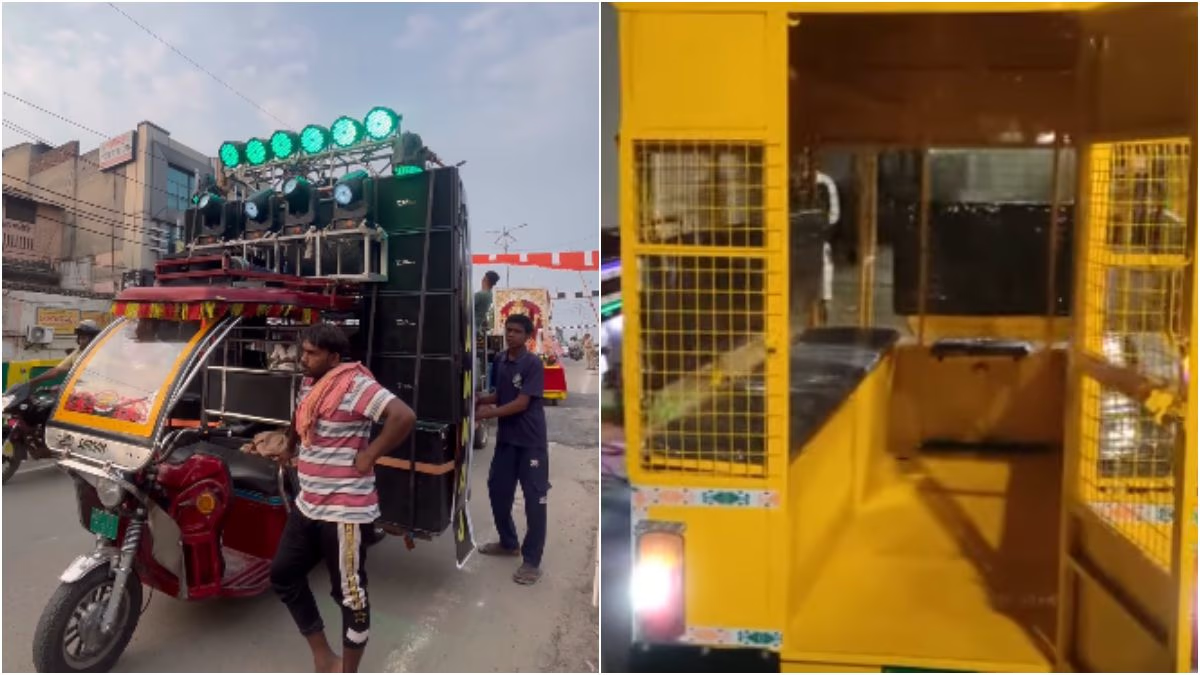
Source: aajtak
The list of E-Rickshaw's new roles is vast, showing how it has taken over the duties of other vehicles. Even shops and farming have begun integrating E-Rickshaws.
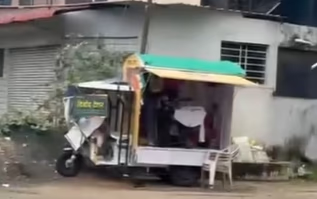
Source: aajtak
These images highlight the meteoric rise of E-Rickshaws. Conversations with E-Rickshaw drivers revealed that they can comfortably earn up to ₹2500 a day, approximately ₹60-70 thousand monthly.
With such progress, owning an E-Rickshaw seems far from an unwise investment. It's plausible that while other vehicles chat among themselves, they'd unanimously say, "Next life, make me an E-Rickshaw."
